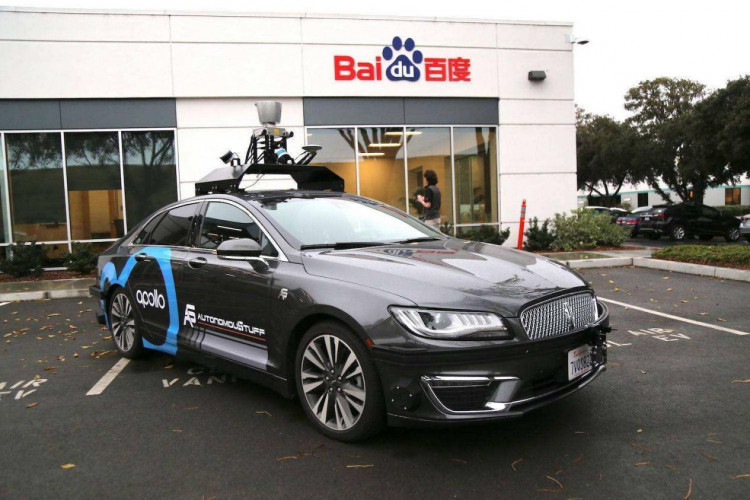Baidu's ChatGPT-like product is on its way to electric, self-driving vehicles, according to company Jidu on Tuesday.
Jidu, which is supported by Baidu and Geely, is utilizing Baidu's Apollo system for its in-car user interface and assisted driving technology. The company intends to launch its first vehicle this year.
Jidu plans to utilize Apollo with Baidu's ChatGPT-like product, known as Ernie bot in English.
According to Baidu, Ernie, which stands for "Enhanced Representation through Knowledge Integration," is a massive AI-powered language model that was unveiled in 2019. It gradually gained the ability to do tasks including language comprehension, language production, and text-to-image generation.
According to the startup, the combined technology intends to improve consumers' interaction with the car. Voice control is common in so-called smart automobiles, such as Jidu's upcoming model.
Baidu stated last week that it plans to complete internal testing of its Ernie bot in March before making it available to the public. It is unclear how the capabilities of the software compare to those of ChatGPT, which is created by Microsoft-backed OpenAI.
The technology that can generate prose or other content on demand and free up the time of white-collar professionals, known as generative artificial intelligence, has received significant venture capital investment and interest from technology businesses, notably in Silicon Valley.
The category is defined by ChatGPT, a chatbot from Microsoft-backed OpenAI that was introduced in November and has generated a lot of buzz. ChatGPT is not available in China, but some users have found workarounds.
Google launched "Bard" a new chatbot technology designed to compete with ChatGPT's viral popularity.
Bard is based on a broad language model, comparable to OpenAI's ChatGPT, which was publicly released at the end of November. These algorithms are trained on massive volumes of web data in order to produce convincing results for user inquiries.
Sundar Pichai, CEO of Google and Alphabet, announced in a blog post that Bard will be available to "trusted testers" on Monday, with plans to make it available to the general public "in the coming weeks."
As defined by Pichai, Bard seeks to combine the wealth of the world's knowledge with the strength, intelligence, and creativity of our enormous language models. It makes use of web-based data to generate timely, high-quality responses.
Microsoft has already indicated that it will include OpenAI into some of its products; it is also rumored that it will be implemented into its Bing search engine.
Baidu has been a technology pioneer in China for numerous years. When the metaverse became a new buzzword in late 2021, the corporation introduced "XiRang" as China's first metaverse platform.
On Tuesday, Jidu opened its first physical store in Beijing.





